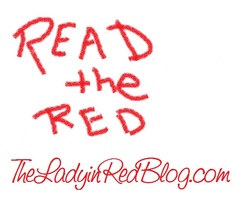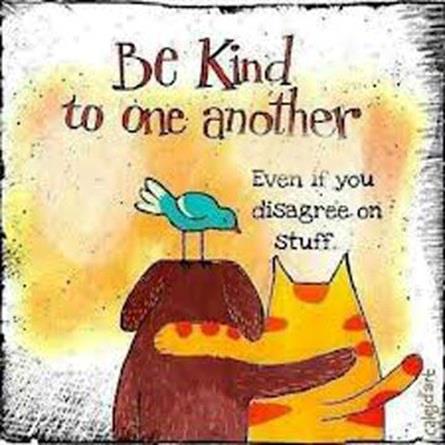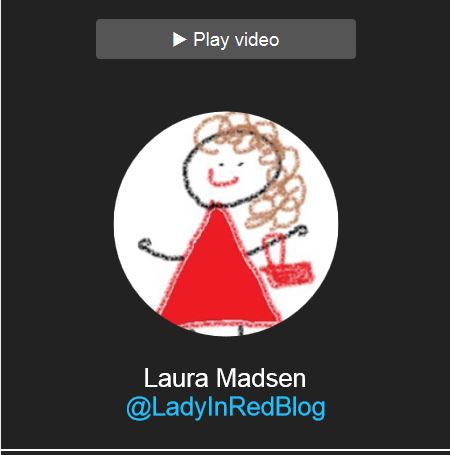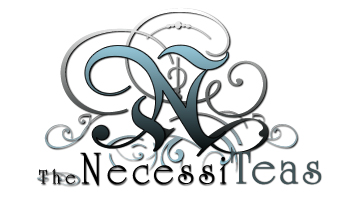I figure why not kick this site off with a blow out blog. Comment away. Just remember, it's a blog. You may not agree with me, but it's all good when you get it out in the open, and I still respect each and every one of my readers for taking the time to read what I have to say. Hey, even if you hate me, and my words, you should keep on coming back for more to show me I don't rule the world, right?
When I was growing up, my parents never had to ask a friend’s parents if their child was allergic to anything on a play date. (We never even called them play dates back then. It was good old-fashioned, “I’m going over to my friend’s house,” and we left it at that.) Serving up a snack of peanut butter and jelly sandwiches with a glass of milk on the side was the norm. Food allergies were not as prevalent, for whatever the reason a few decades ago. (I have my own theories about why more children and adults are allergic to certain foods now, but we’ll save that for another blog on another day.) And even in the rare situations so-and-so couldn’t drink milk because of lactose intolerance, or had another type of food that they had to avoid, parents, and mostly the child herself, would voluntarily tell my mother that they weren’t allowed to eat the offending edible, without being asked. Now the tables have turned.
It seems that some children (not all) are not held responsible for telling others when they are allergic to certain substances. They are used to their parents playing watch dog, and don’t speak for themselves. Parents of these children don’t seem to provide that important information up front when in a food serving situation at a party or play date. It seems I have to pry it out of them.
Out of sheer fear that I would feed something unknowingly to a child with allergies, I doubly make sure that I ask their parents if there is anything they can’t eat while they are at my house. I almost feel that I should get it in writing the way today’s sue happy society is.
At what point should parents teach their allergic children to speak up? I definitely think that by the time they start Kindergarten a child should be conditioned to say “I can’t eat x!” before someone serves up a side of medical mayhem for them.
I admit. I buy all kinds of foods in my house. Fortunately not one of us has a food allergy. My child can eat a side of peanuts and wash it down with Nutella juice. So I’m not used to playing watch dog. I won’t ban chocolate, wheat, gluten, white flour, dairy, berry, or products that may have been manufactured in plants that poured peanuts on their conveyor belts from my home. If you care, beware! – and please tell me what your child can eat safely!
To speak to another point, when I was a child, schools never had nut-free classrooms. There were no allergy tables at lunch. I think I knew one kid in Kindergarten that was allergic to chocolate milk, and the solution was: give him orange juice instead. It was a nice, simple, easy world, where just because one child was allergic to peanuts, it did not mean that everyone else had to give up their granola bars and PB&Js.
Tolerance prevailed. What was not good for one, did not mean it was not good for all. Consideration: if your friend couldn’t eat something, he told you, and you just didn’t give it to him, period.
When my daughter started school, it was an eye opener for me. I learned the terms “peanut free classroom” or “nut free lunches”. I asked myself why? Just because there were two or three students in her class that were allergic to certain things, why make such a broad ruling for all? I know that people can have life threatening reactions when exposed to substances that their body rejects. I’m not naïve. But this is nothing new. It’s been this way for hundreds of years. I don’t believe in banning anything for all, at the demand of a few.
Then I thought about it some more. I know why there are across the board “rules” now like these in schools. Many parents, who have made it their life’s mission to make others miserable, have jumped on the sue-happy bandwagon and filed lawsuits against schools for exposing their children to certain foods they have allergies to; and to protect themselves, the schools caved in to their demands to prevent future monetary damages. Money, always talks. Money, always overrides right from wrong, and common sense, and civility. Money erodes understanding.
If schools ban nuts now, what’s next? There are children allergic to gluten and wheat. Others can’t have dairy products. Even healthy foods, like strawberries can trigger allergic responses in some people. Seemingly healthy food could wind up on the “do not eat” list if nothing is done.
Do? Do what?
There’s a child I know whose parents took a stance. She loves PB&J sandwiches. As a matter of fact, it’s all she ever really wants to eat for lunch. And you know what? That’s what they send her to school with, every day. Good for them. They are paying for her food. They are her parents. They get to make the decision about what she eats – not the school, and not parents of children with allergies.
These “rules” in school, are not in the school handbook. They are arbitrary requests sent home in emails and flyers to parents. They are worded carefully in statements such as “We are reminding parents that this is a nut free classroom.” They don’t come right out and say “No nuts allowed” (although, “nuts” of a different kind can’t be banned or that would be discrimination – LOL). But you get my point.
All of a sudden when I found out that one girl got what she wanted, I was supporting them in stealth. I became a silent sneaker of snacks. If my daughter wanted a pack of peanuts or a granola bar one day – so be it. She’s not sitting at an allergy table at lunch. She is being considerate of those who can not eat what she can. She’s not trading her lunch or snack with anyone.
If we are bending over backwards for kids who have allergies by supplying them with a special place to eat that’s safe, then schools and parents of allergic children should respect the freedom of those children without allergies too. The freedom to eat what they want.


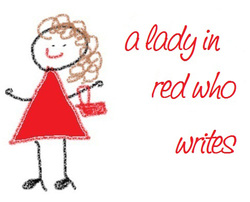
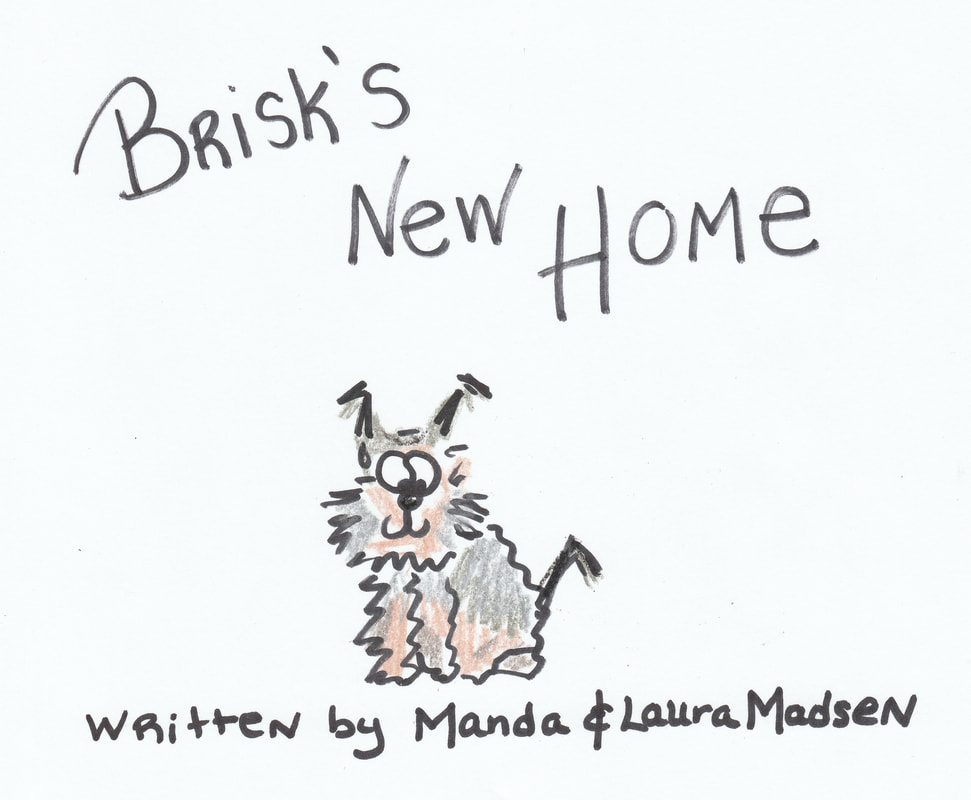



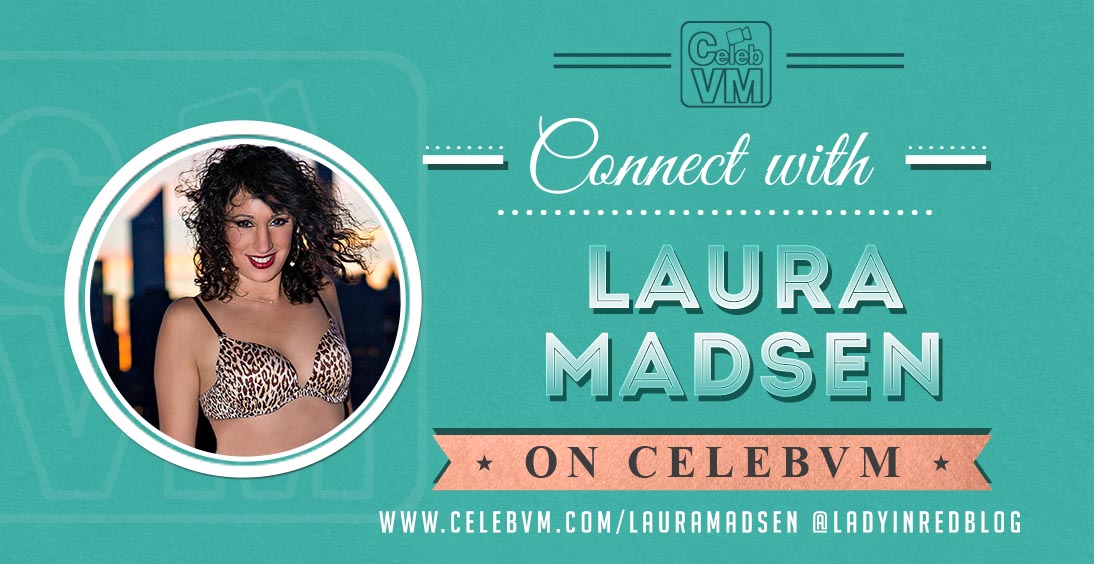

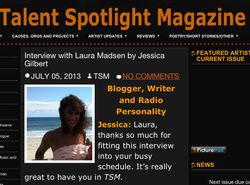

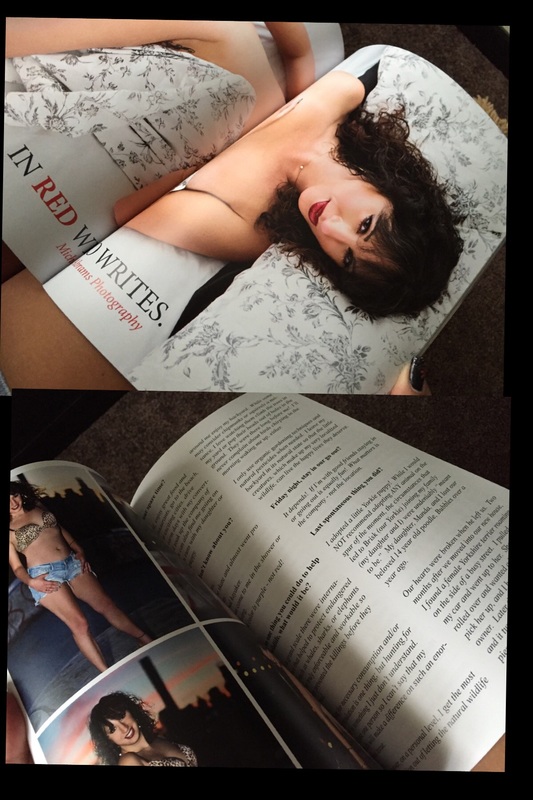
 RSS Feed
RSS Feed


